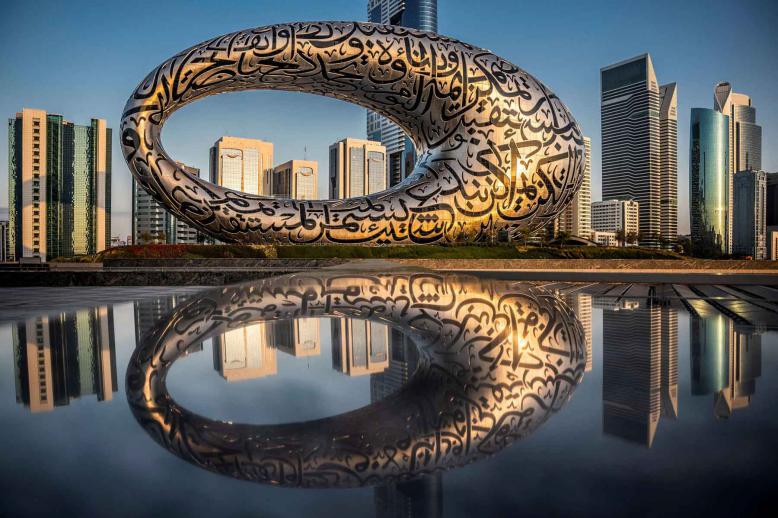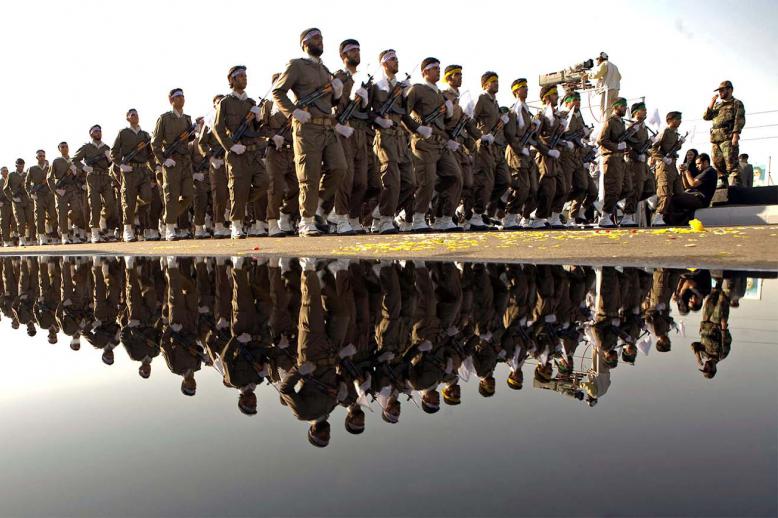Trump’s UNGA was a success. Iran now must look for a way out of escalation
Has Iran overplayed its hand with the Saudi oilfield attacks? One of the key tenets of leverage that Tehran had, until the strikes, was its delicate yet increasingly useful relationship with both the EU executive in Brussels and old Europe (Britain, France and Germany). Yet judging from the quick reaction in recent days by these European leaders who have condemned Iran for the attacks, it would seem the Iranians have lost a key player in their strategy to force Trump to back peddle on sanctions. The worry now though is that the recent tightening of sanctions – tougher measures against Iran’s central bank – will make it even harder for Trump or even his successor at the 2020 elections to undo what is now set in stone.
And the Iranians know it.
A recent interview with CNN’s queen of khaki Christiane Amanpour showed the smug foreign minister lose his disingenuous smile, the moment this subject came up. The ‘trump card’ by the US president has been played against Iran, as a response to the oilfields attacks. And it was effective.
But could we now see a change in the Iran-US stand off, now that Iran is less the darling that it once was, in the eyes of Europe? In the coming weeks it will be interesting to see the role of France’s Macron, who has tried to lure the Iranians and Trump into a cash deal which would offset their economic calamity – but neocons will argue that this would be a disaster for Trump, as, what’s the point of economic sanctions if those you are trying to punish find alternative measures to export their oil?
They will argue that Trump is too soft as the moment the Saudis were attacked, he gave Iran cash.
And oil is still very much the issue. The attack on Aramco was a very clear signal to the US that if it continues to block Iran’s flow of oil to its customers, then Tehran has the military capability to do the same to Saudi Arabia. Some have gone further though. It’s my belief that Iran wants to trap Trump in the region by luring US troops to Saudi Arabia and to be seen as a warmonger to the US electorate who will remember that Trump’s main election call was pulling US troops out of the Middle East. It may well be that Tehran’s long term bet that Trump won’t succeed at the polls is more plausible than what many might have thought before the Saudi oilfields attack – and that Iran may well even have a nefarious hand in it.
That is a contentious argument which will divide many. What is less opaque is the role and view now of old Europe. Hitting the oil fields was overkill on the part of Iran as it has forced Britain, France and Germany to now distance themselves from Iran and to position themselves closer to Donald Trump as all three chime the call for a “new Iran deal” with UK prime minister going one further and calling for a new “Trump deal”.
If that is what the Iranians wanted and planned for, then we can only salute their cunningness. But I would doubt this was their thinking. Their mistake was to go the full nine yards with the attack and to misjudge Europe’s reaction. Much better would have been a plan to block the straits of Hormuz with an incident which would have made the same point, but have shocked EU leaders less. Yes, no lives were lost by the oilfields attack, but in many ways it was a gun backfiring on Iran and the joint statement by EU leaders on Sept 23rd condemning it has put Europe’s leaders exactly where Trump wants them: right by his side. Indeed, with the crisis in Brexit in the UK, Boris Johnson has virtually become Trump’s poodle-in-waiting as he showed journalists at the UN general assembly by calling for a new “Trump deal on Iran” and galvanizing his sycophancy for the US president with gushing references to Trump being a “brilliant negotiator”.
If you can keep a straight face at that, there were more histrionics in New York at ‘UNGA’. France’s Emmanuel Macron was busy trying to organize a meeting between Trump and Rouhani while still clinging on to his plan on paying the Iranians 15bn dollars to compensate for their losses.
Yet that plan fell to pieces the moment the joint statement was signed by EU leaders condemning the attacks, with talks now of a new deal which would curtail Iran’s ballistic missile program. Macron is pressing Trump to end the sanctions but that is like asking an alcoholic to start drinking mint tea. The abrupt turnaround by EU leaders will undoubtedly fuel Trump’s ghusto to plough ahead with his plan, while Iran’s foreign minister Zarif indulges himself in the delusion that he is now in a position to make new calls, new demands and set the tone for a new deal. He is not.
What both sides need to see now is a tiny, but symbolic gesture, that they are even able to entertain the idea of negotiation. Iran needs to make the first move though as their military strike was foolish, desperate and misjudged – as indeed is their fetid campaign of capturing western tourists and holding them on farcical espionage charges in squalid jails in Tehran. Although Trump should try and look at ways at rolling back the recent tougher measures against the central bank in Tehran. It is not wise to push your adversaries to a point where they feel they no longer have anything to lose. Zarif’s recent offer during the CNN interview to denuclearize Iran totally with no sunset clauses as part of a new ‘Iran Deal’ should be considered by Trump and his new acolytes by his side now. Yet this offer is tainted by the knowledge that Iran will invest even more in its own ballistics program with new flows of cash it will get. It did this before when the Obama administration unlocked its funds, so there is a precedent. This is Trump’s quandary. The row about nukes was never about nukes, but ballistics.







